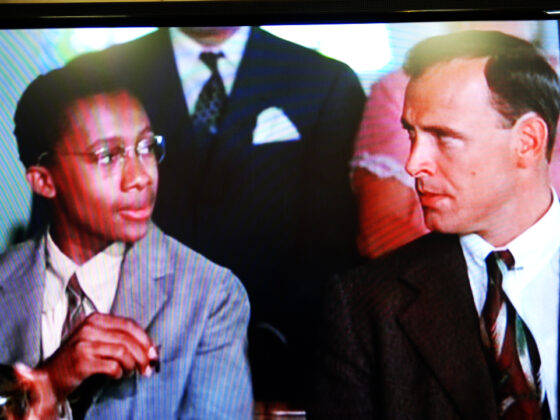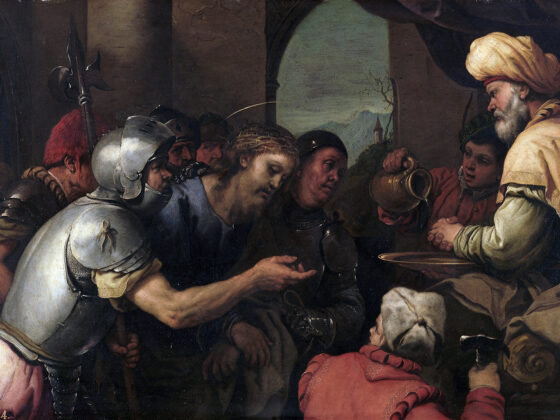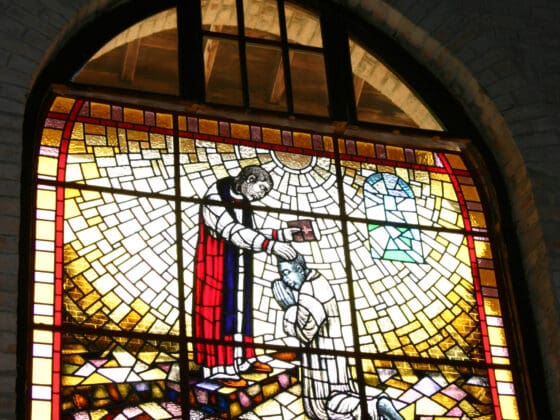I presented this to the Mars Hill Film Club at Uganda Christian University. Hence this review is triply cross-cultural. I have left in the Questions for the Ugandan students that I included.
Major Characters
Lalit Verma – the father of the bride
Pimmi Verma – the bride’s mother
Aditi Verma – the bride
Ria Verma – the bride’s cousin, who grew up in the family after her father died
P.K. Dubeyi – the wedding coordinator, who falls in love with the serving girl Alice
Hemant Rai – the bridegroom, who lives in America
Director: Mira Nair
Available on Amazon Prime
Language: Hindi, with English subtitles. Characters mix in a lot of English as is true in Uganda.
Rated R* (see Note on bad language below)
Monsoon Wedding is a film by Indian director Mira Nair who grew up in Uganda and now lives in USA. However, Nair is above all an Indian, interested in portraying the intersection of globalization with Indian culture. And where better to see this intersection than in the family and at a family wedding in particular.
Films made in India are often said to be made in “Bollywood,” meaning made in Bombay (Mumbai), which is the centre of a thriving film industry. Monsoon Wedding is a “crossover” film. It has an Indian setting and even language, but it is made for a Western audience, and it lacks some typical “Bollywood” features such as music and dance numbers (the one such dance in Monsoon Wedding is fully integrated into the story line).
The film takes place within 48 hours of a family wedding in New Delhi, India’s capital. Actually there are two weddings. The first is between upper class Indians, who still practice “arranged marriages,” where the bride and groom do not meet each other until the wedding. Whereas in Western romantic love, a couple falls in love and then marries, in the arranged marriage, the couple marries and then (hopefully) falls in love. We see the bride (Aditi) torn between these forms: she has had a married lover but decides to throw in her lot with the unseen bridegroom Hemant, who now lives in USA and has just arrived for the wedding.
The second love affair is between P.K. Dubeyi, the wedding planner and Alice, the maid. Dubeyi and Alice are both lower caste Indians (she is a Christian). Dubeyi, however, is something of an entrepreneur, complete with cell phone, while Alice is a modest traditional girl. Nevertheless, Alice wins his heart in a most touching way. Interestingly, the lower-class marriage is more a matter of love first, then marriage. The combination of high-class and low-class characters reminds one of Shakespeare, and in the end they all join together in the final wedding celebration.
The movie is not just about erotic love but also about family love. It is clear that the “grannies” of the older generation expect the bride to become pregnant and have a baby “before I die.” We see the full range of emotions of the father Lalit toward his daughter, who is getting married, and also to his “adopted” daughter Ria. “How did they grow up so soon,” he says to his wife, as he views the two young women asleep on the night before the wedding. Lalit’s concern for his family leads to a heart-rending choice, when he must turn out his own brother, who has been a benefactor to the family but who has also abused Ria in former years and is now threatening another young cousin.
In addition to these main interactions, we see the parents trying to deal with an older son, who has become so Westernized he does not want to enter the traditional dancing, and a younger son who is effeminate and wants to grow up to be a chef. We see the mother and father fighting with each other but also consoling each other in this tense time.
In Uganda, it is common to speak of “relationships,” which often means male-female relationships. Monsoon Wedding is about the whole spectrum of relationships that get focussed on a single moment: the marriage of the only daughter. The ending of the film is a wild celebration of all these relationships, with their joy in love overcoming the heavy monsoon rain.
Christian Perspective
Monsoon Wedding is not a Christian film. Most of the characters are Hindu, although they have been secularized to a large extent. However, even secular Indians continue to have a commitment to monogamous lifelong marriage with children, and that sets them apart from many in the West. In fact, Bollywood films are noted for their positive view of marriage and decency.
*Note on Bad Language: Many, many films (usually rated “R”) include sex, violence or foul speech. There is no absolute “rule of thumb” on how much sex, violence and crudity disqualifies a film for Christian viewers. Some Christians may feel that they should not watch any of this. Certainly all Christians should avoid pornographic films (“X” rated) and many “soft porn” films rated R. However, some Christians may choose to watch certain R-rated films that have scenes of sex, violence and foul language but which do not try to glorify immoral behaviour. In Monsoon Wedding, for instance, P.K. Dubeyi uses foul words (translated into English). This is no doubt true to real life speech, and it is also the case that Dubeyi is seen as a man who is looking for something better, and finds it in Alice, who is Christian. Is it not likely that he will learn to “clean up his language” under her influence.
Discussion Questions
- Does this film remind you of marriage in Uganda? What elements are the same and what elements are different between Uganda and India? Ugandans do not practice arranged marriage, but often parents’ approval for a marriage is considered essential. Who do you think is best to make the decision on who marries whom?
- Would you be as forgiving of sexual impurity as Hemant is of Aditi’s affair with the TV producer? Isn’t he taking a big chance, especially since they are going to the USA where divorce is easy?
- Do you think the sub-theme of P.K. Dubeyi and Alice strengthens the movie? What does it say about love and marriage?
- It is hard to keep the characters straight, at least at first. Isn’t this true of actual weddings where distant family members gather? Do you find that all Indians look something alike? Do you think they see it that way?
- Casablanca was filmed in black and white. Monsoon Wedding is in colour. How does that affect your appreciation of the film’s theme? What did you think of the father’s insistence that the wedding tent not be white but multi-coloured?
- What did you think of the music, the wedding songs in particular? Can you see parallels with the music sung at Ugandan weddings?
- Notice the mixture of language and culture, with people coming and going from Australia and USA, and speaking English and Punjabi. Do you see this kind of mixture happening in Uganda as well? Do you think this kind of global mixing is good, or will it destroy authentic African culture?




